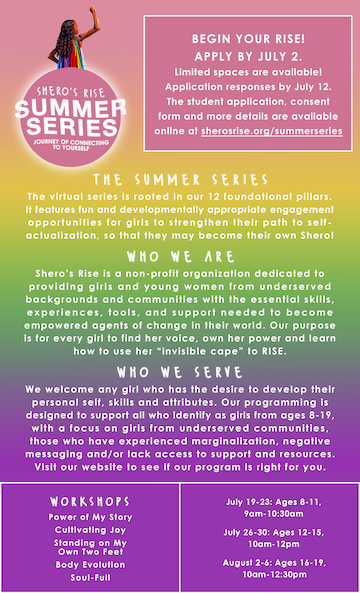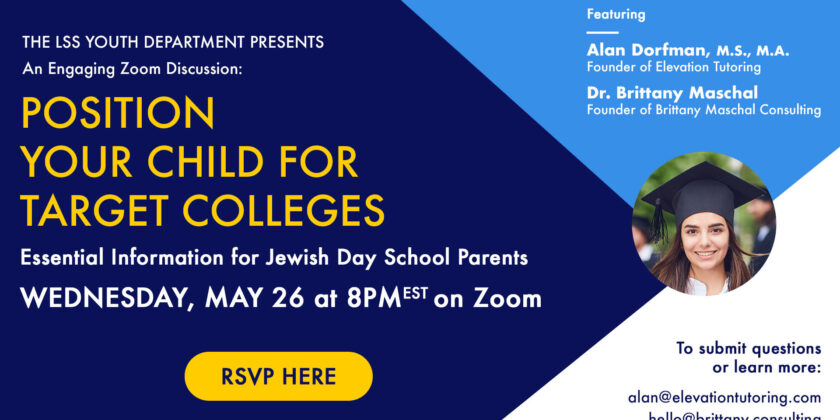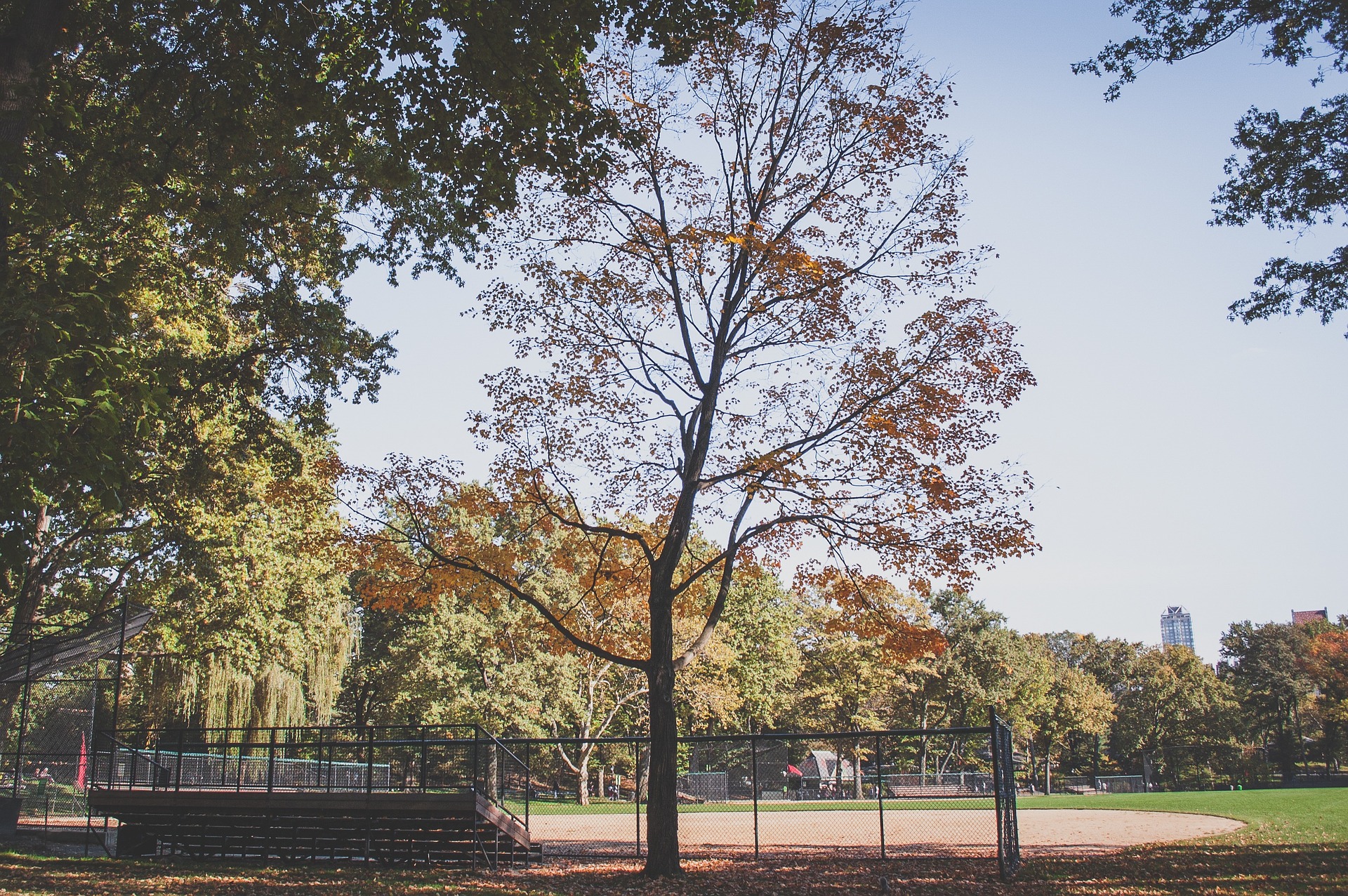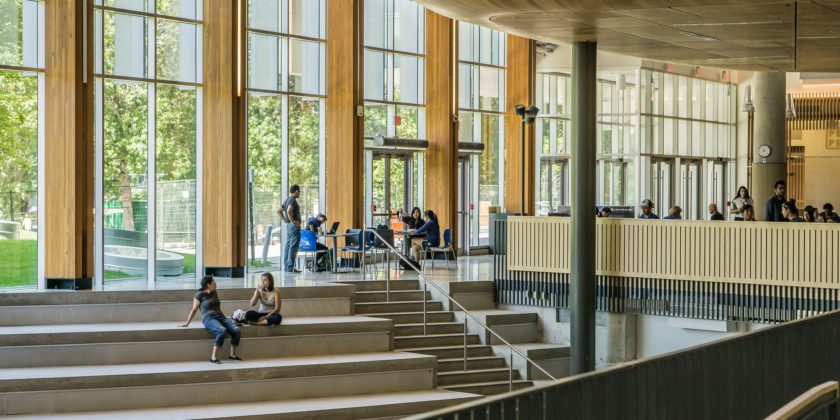The best summer programs are the ones that help you explore your academic interests. As part of your college application, they help demonstrate your intellectual curiosity and commitment to an area of study (typically, the one you might pursue in college).
Below are some great options for female-identifying students!
CMU Computer Science Scholars
Participants will attend lectures by Carnegie Mellon faculty with expertise in various aspects of computing. They will also attend two academic seminars focused on programming and higher level mathematics. Project-based learning will supplement classroom experiences and offer students an opportunity to apply learned concepts to real-world challenges. Outside of the academic experience students will engage virtually with industry leaders to learn about the vast opportunities in the field of computing. Students will have an opportunity to be mentored by industry leaders throughout the country. At the conclusion of the program students will receive a comprehensive evaluation which can be integrated into their academic portfolios for college admission purposes.
Women’s Technology Program – MIT
The MIT Women’s Technology Program (WTP) is a rigorous four-week summer academic experience to introduce high school students to engineering through hands-on classes, labs, and team-based projects in the summer after 11th grade. WTP is designed for students who are excited about learning, have demonstrated their ability to excel at math and science in their high school classes, and who have no prior background (or very little) in engineering or computer science, with few opportunities to explore these fields. WTP is a women-focused, collaborative community aimed at empowering students from groups historically underrepresented and underserved in engineering. We especially encourage students to apply who will be the first family member to attend college, who come from high schools with limited access to STEM classes and activities, or who are African American, Hispanic, or Native American.
Barnard Pre-College
Experience Summer in New York City at Barnard. With distinct programs to choose from, ranging from entrepreneurship to STEM, you have the unique opportunity to explore an area of interest on a deeper level through both in-class discussions and city exploration. As part of the learning experience at Barnard, you will get a taste of both college life and the city that never sleeps!
Inspiring Girls Expeditions
Leadership adventure programming! Tuition-free multi-day expeditions for high school girls that interweave science, art, and backcountry travel. Expeditions are led by professional women scientists, artists, and wilderness guides. Throughout each expedition, the team engages in scientific and artistic inquiry about the environment around them. In small groups, participants design and conduct scientific projects, which they present to the public on the last full day of their expeditions.
Girls Who Code
Clubs, summer immersion programs, and college loops!
Girls Teaching Girls to Code
Events and programs vary from year to year. Check their site for more information.
*Stay in the know! Subscribe*










